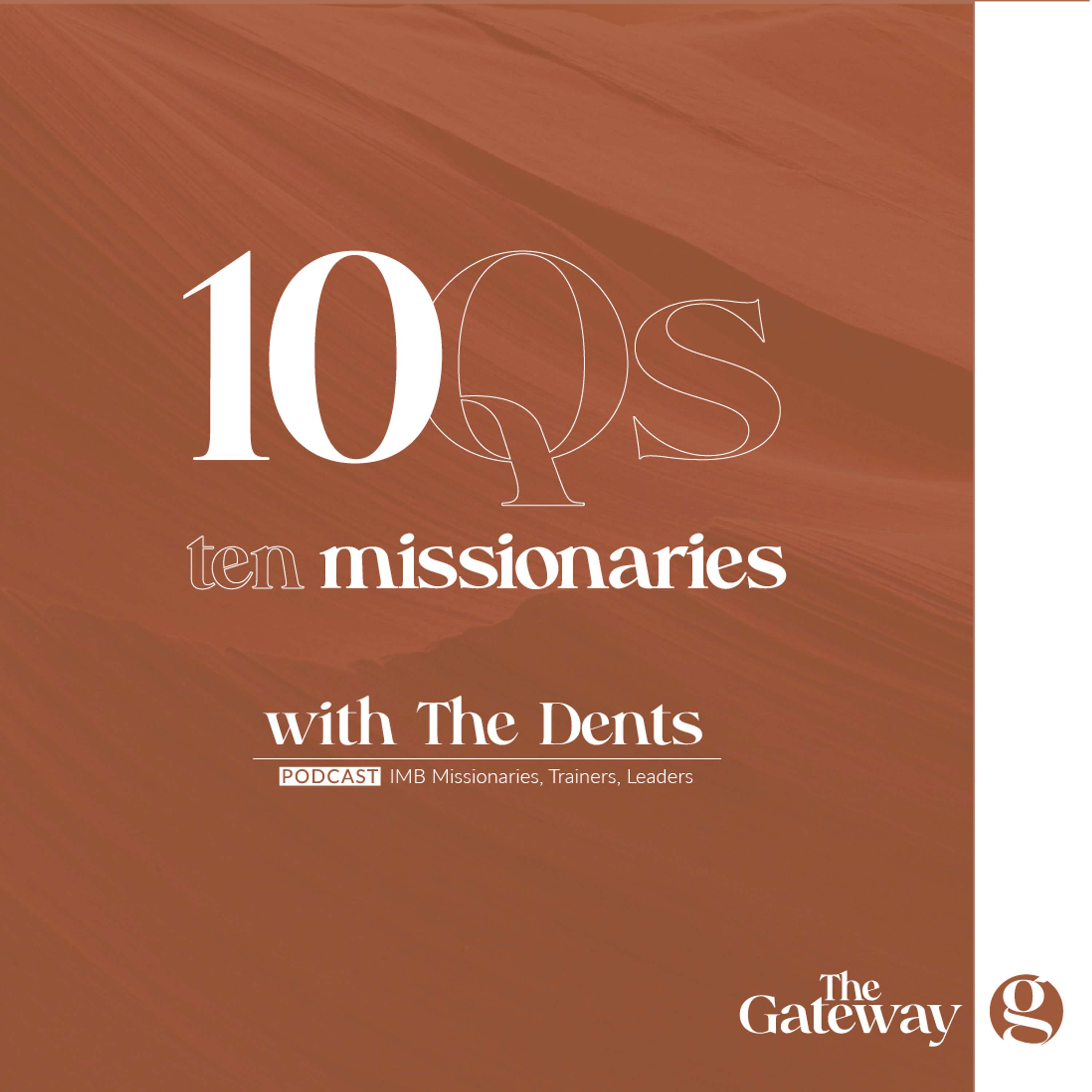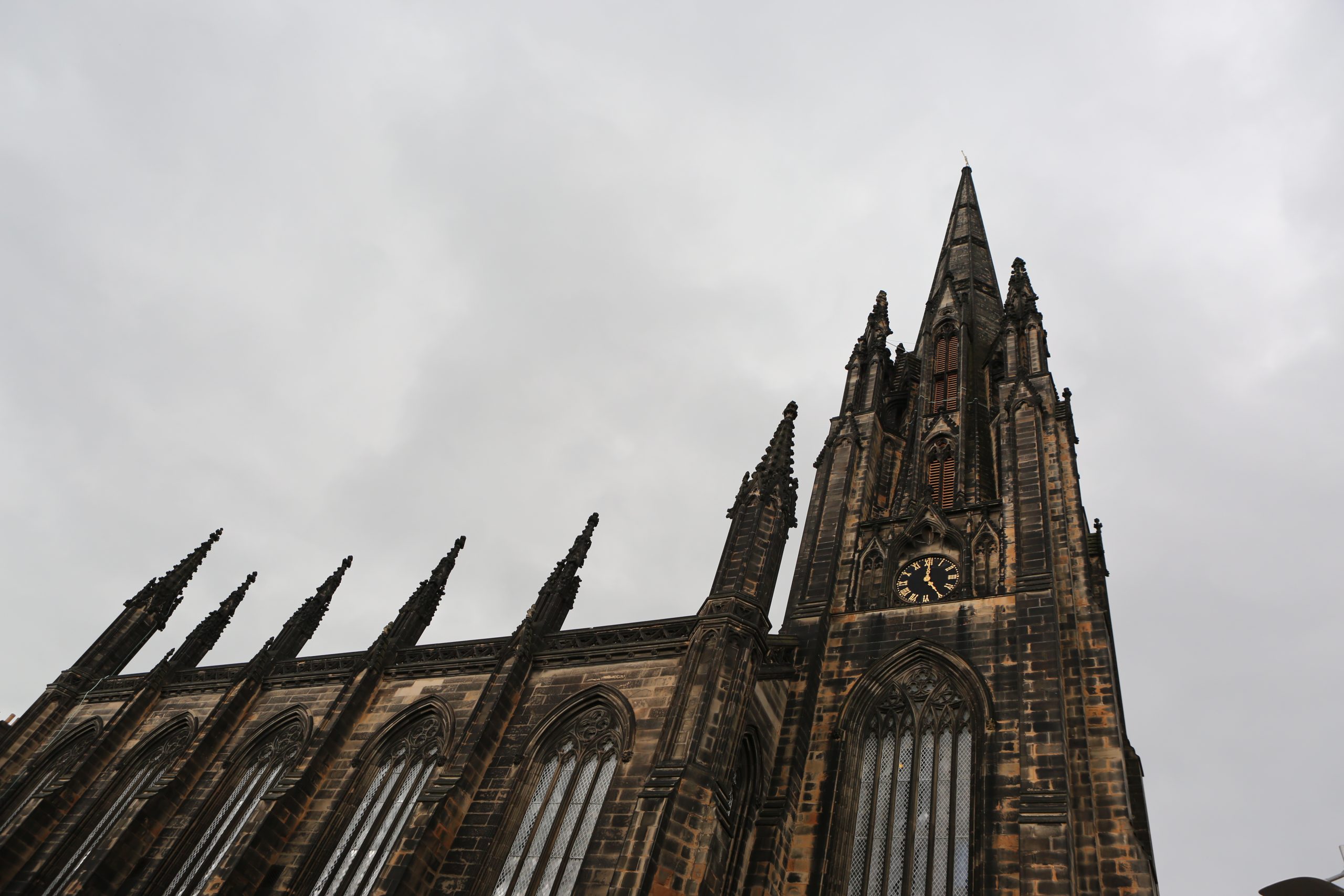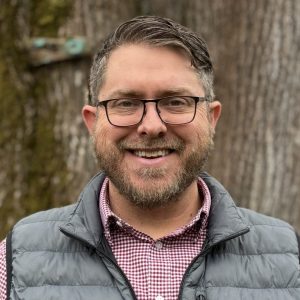The future of the Catholic Church is being debated and discussed at a Synod of Bishops, with a follow up meeting scheduled for this time next year. The gathering includes a cross section of Catholic leaders – not only priests, but lay leaders and women as well. This is the first time a synod like this has included such a diverse group of Catholic faithful.
The Synod is expected to produce formal documents asking Pope Francis to amend Catholic doctrine and practice in significant ways. His penchant for pastoral concern means he may be amenable to significant changes in the Church. Some of those changes are perhaps being signaled by the Pope’s pre-Synod comments, the persons chosen to participate, and the advance media work already being done.
The most significant of these changes may be greater inclusion of the LGBTQ+ communities in the Catholic Church, including the blessing – in some yet indeterminate way – of same-sex marriages. The Catholic Church has stood, at least so far, on the historical definition of biblical marriage – one man and woman united for life. Pope Francis has made several statements affirming this position, but at the same time calling for creative ways to bless same-sex unions on a case-by-case basis.
Advocates for same-sex marriage, redefinition of sexual behaviors to create a protected class deserving civil rights, and gender-fluidity are persistent in their efforts. For the past 50 years, they have been winning the battle step-by-incremental-step – taking small victories and using them to leverage greater change in the next election, legislative cycle, or court session. Frankly, it is masterful political strategy which has reshaped Western culture in dramatic ways in just a generation or two. Now the Catholic Church is in the cross-hairs of this political machine.
If the Synod recommends, and the Pope endorses, any change – any change – in the Church’s historic position on marriage, sexuality, or gender – the ultimate battle on these issues will be lost by the Church. Once the door is cracked open, advocates for this type of change will masterfully leverage further change over the next generation until the Catholic Church is known as the advocate for their positions – not their opponent. If you doubt this, just ask Episcopalians or Anglicans from one hundred years ago how this approach worked for them.
Baptists and other Evangelicals should be watching the Synod of Bishops carefully, and praying for their courage and wisdom to uphold biblical teachings on marriage, sexuality, and gender. These are areas of common concern and we must find ways to stand together on these issues.
Read More

Comfort Twice Over
When we provide comfort to fellow believers, we are the means by which God has chosen to provide his comfort.

Inheritance & Glory: Our Vocation
For believers, while heaven may seem long away, our eternal inheritance is already available to us in the here and now.
Listen
Brian Borgman
On this episode of The Jonathan Edwards Center Podcast, Dr. Chris Woznicki interviews Dr. Brian Borgman regarding his book, Jonathan Edwards on Genesis. They discuss Edwards as an exegete, as an interpreter of scripture, specifically looking at Genes

The Dents
Tyler sits down with longtime missionaries and retired Gateway faculty, Don and Anne Dent. The Dents served with the IMB for over 30 years and most recently at Gateway Seminary. In this episode, they reflect on their past experiences from working in the mission field

Watch

Jonathan Edwards and the Asbury Revival
Chris Chun and Chris Woznicki discuss the signs of true revival, signs of the work of the Holy Spirit, and why it is important to critically assess the characteristics of revival in a spirit of charity.

Jonathan Edwards and the Baptists | Douglas Sweeney, Nathan Finn and Chris Chun
Dr. Douglas Sweeney and Dr. Nathan Finn joined Dr. Chris Chun for a panel discussion on Jonathan Edwards, recorded live at the SBC Annual Meeting in Anaheim.




